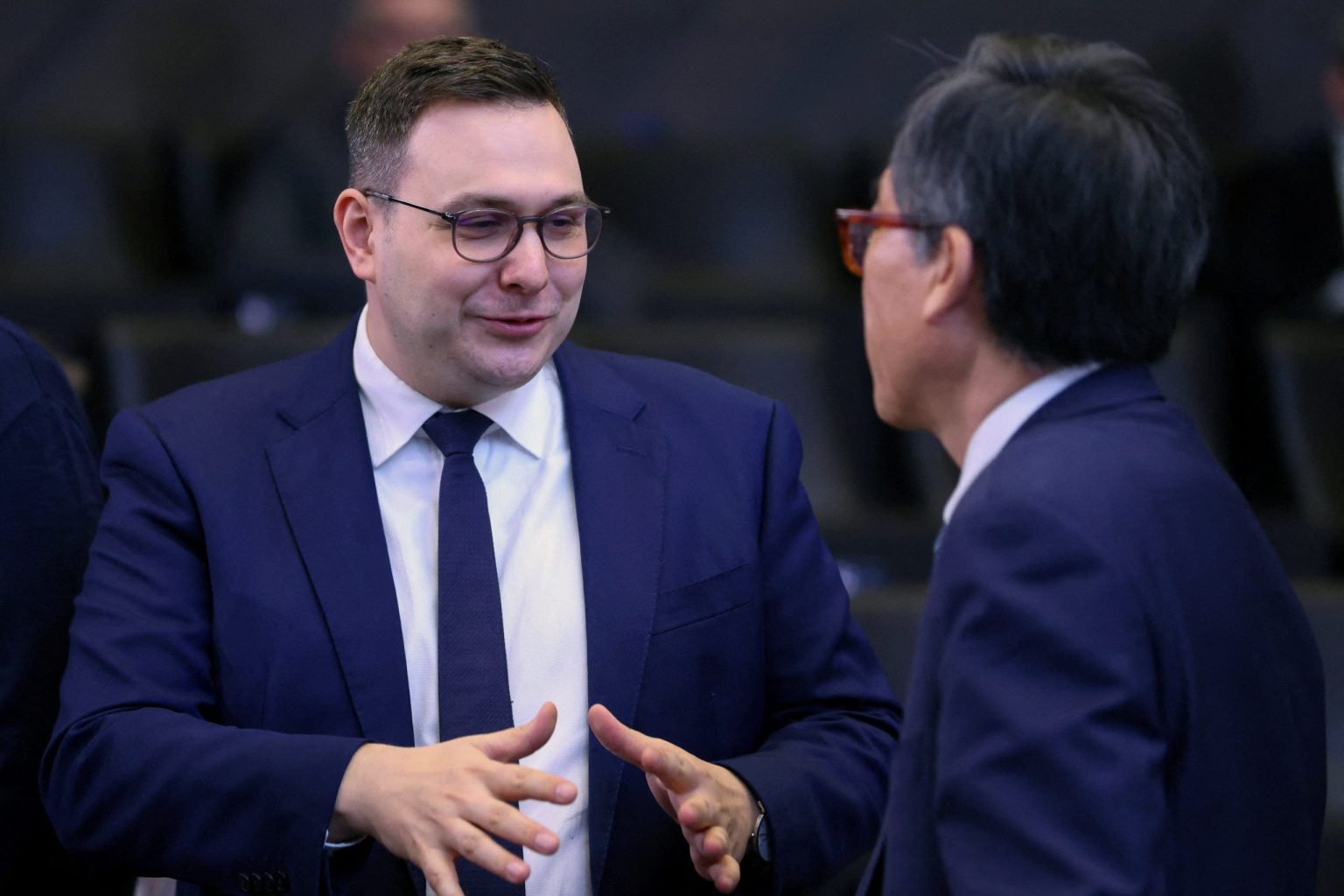Czech Foreign Minister Jan Lipavsky expressed concerns about Europe’s declining ability to exert geopolitical power and provide clear leadership within the bloc of over two dozen member countries. He pointed out that Europe is struggling to address issues such as irregular migration, particularly in Africa and the Middle East. Despite Czechia’s central location in Europe, Lipavsky acknowledged that leadership in addressing conflicts and immigration issues must come from larger countries within the bloc. He emphasized the need for stronger measures to address irregular migration and protect countries like Ukraine in the face of conflicts like the ongoing crisis between Ukraine and Russia.
Lipavsky highlighted the complex and interconnected nature of global confrontations, noting that conflicts in regions such as the Middle East have far-reaching implications for all nations. He cited instances of conflict in the Middle East, including ongoing tensions in Gaza and Lebanon, as well as threats to navigation in the Red Sea posed by the Houthis supported by Iran. The Czech Foreign Minister stressed the importance of de-escalation and efforts to achieve peace while recognizing Israel’s right to defend itself. He also mentioned Czechia’s opposition to certain resolutions related to Palestinian territories, stating that the resolutions were perceived as biased and prompted Czechia’s vote against them.
Russia emerged as a significant concern for Czechia and other European countries, with Lipavsky likening Russia’s intentions in Ukraine to those of Hitler during World War II. He emphasized the need to defend against Russian influence and aggression to prevent the exploitation of Czechia, drawing parallels to the country’s past experience as part of the Soviet Union’s sphere of influence. Lipavsky underscored the importance of maintaining strong alliances with the United States and NATO to resist external threats to Czechia’s sovereignty and security. Efforts to support Ukraine included initiatives such as providing ammunition to aid in the conflict within the region.
The Czech Foreign Minister advocated for collaborative action and efforts to address global issues such as conflict, migration, and geopolitical power struggles. He acknowledged the role of larger countries in providing leadership within the European bloc but emphasized the need for collective action and engagement from all member states. Lipavsky underscored the importance of tangible measures, such as supporting Ukraine with ammunition, to make a difference in conflict situations rather than relying solely on verbal diplomacy. He highlighted the need for a coordinated approach to address complex international crises and conflicts in regions with far-reaching implications for global stability and security.
In conclusion, Lipavsky’s remarks reflect concerns over Europe’s waning influence in geopolitical matters, challenges posed by conflicts like the Ukraine-Russia crisis, and the complexities of navigating global confrontations. He emphasized the importance of standing against external threats, particularly from Russia, and strengthening alliances with the United States and NATO to safeguard Czechia’s sovereignty and security. His comments underscore the need for concerted efforts, collective action, and tangible support in addressing pressing global issues and conflicts that impact nations across multiple regions. By highlighting these challenges and advocating for a proactive and collaborative approach, Lipavsky seeks to address complex geopolitical dynamics and promote peace and stability in the face of evolving threats and crises.


